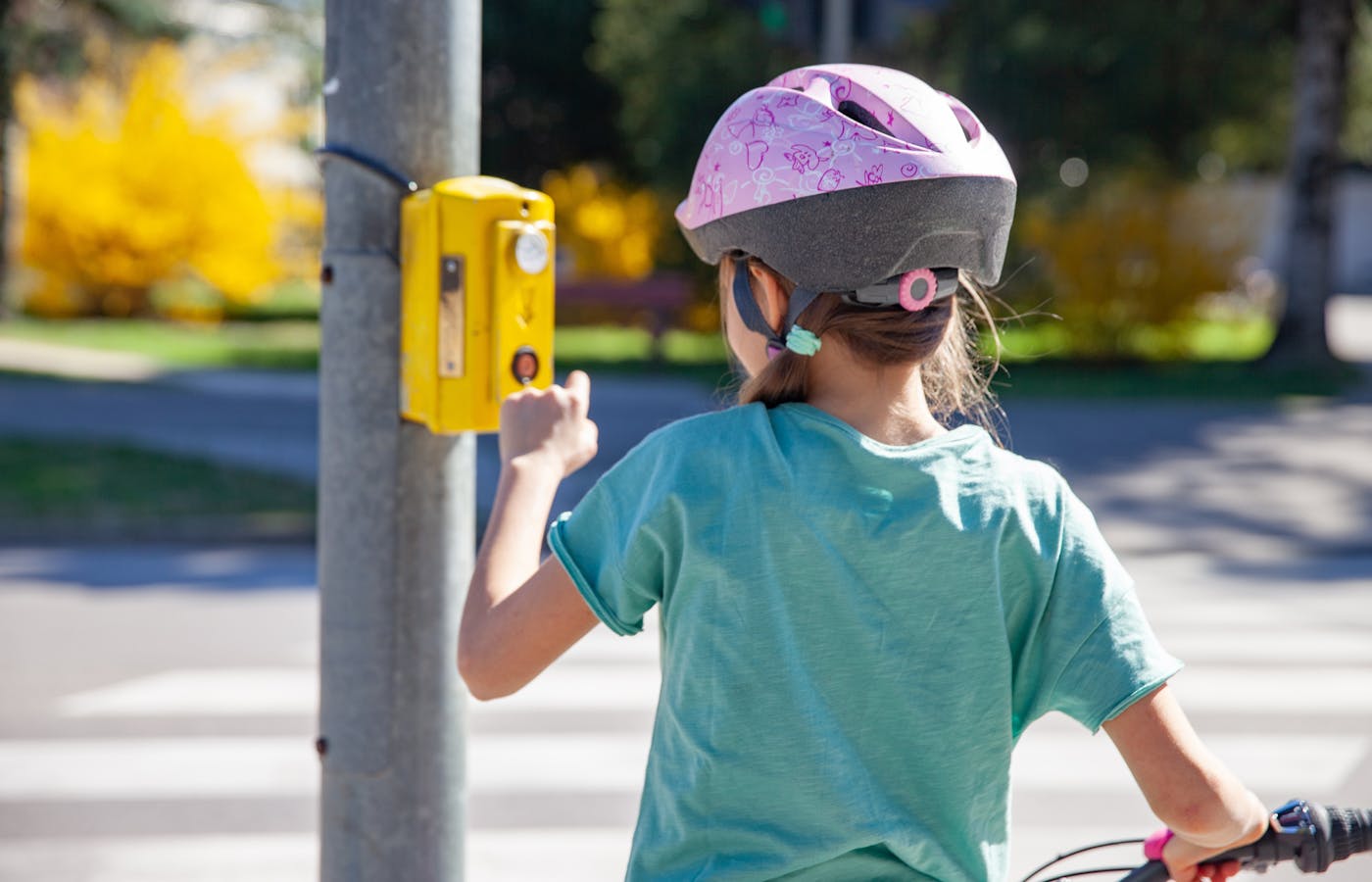There’s Already Record Funding For Bikes in 2023
By: Ashley Seaward, director of state + local policy, and Kyler Blodgett, state + local policy analyst

More than $800 million in state and local funding is going to projects that directly support infrastructure, promote safety, and enhance recreational opportunities for bicycling.
In 2023, state and local governments across the United States have allocated record funding to support biking initiatives, promote safety, and enhance recreational opportunities. These investments demonstrate a growing commitment to sustainable, active, and more equitable transportation options by building out safe and connected bike infrastructure networks.
Below is a list of some of the most notable funding programs and approved initiatives across 10 different states and various municipalities in 2023.
Funding for Infrastructure and Safety Programs at the State Level
- Minnesota: The state of Minnesota allocated an impressive $50 million for biking and walking initiatives, including $40 million in annual funding for general biking and walking programs and an additional $10 million per year for the Minnesota Department of Transportation Safe Routes to School grant. This substantial investment will support the development of infrastructure, safety enhancements, and educational programs.
- New Mexico: With a total of $4,320,000 approved in its latest state budget, New Mexico is investing in numerous biking and pedestrian projects. This includes acquiring land, planning, designing, constructing, and improving pedestrian and bicycle trails in Albuquerque, Las Cruces, and Santa Fe. These improvements aim to enhance accessibility, safety, and connectivity for biking and walking.
- Washington: Washington state committed $197 million to biking and pedestrian initiatives through its Move Ahead Washington program. The funding includes $72 million for the Pedestrian and Bicycle Safety Program, $73 million for the Safe Routes to School Program, $25 million for Connecting Communities, and $27 million for the School-Based Bike Safety Education Program. These funds will increase safety measures, improve infrastructure, and promote active transportation.
- Hawaii: Policymakers approved a Safe Routes to School bill, an important step in achieving Vision Zero and complete streets policies throughout the state. The bill appropriates $10 million for the next two years to be put towards Safe Routes to School projects and programs. In addition to the funding, the bill also establishes a Safe Routes to School Advisory Committee.
- Florida: Governor Ron DeSantis signed a bill that allocates $200 million to connect hiking and biking trails to a planned statewide wildlife corridor. This investment will expand Florida's Greenways and Trails System and the SUN Trail Network, creating a vast network of recreational trails spanning 18 million acres from the Florida Keys to the Panhandle.
TOTAL: $461,320,000 (and counting!)
Funding for Infrastructure and Safety Programs at the Local Level
- Anchorage, Alaska: Proposition A ($3,950,000) and Proposition 2 ($945,000) will invest in trail rehabilitation, recreational facility improvements, school zone safety upgrades, and transit facility enhancements.
- Colorado Springs, Colorado: Resolution No. 03-23 allocates $240 million over 20 years through a sales tax extension. This funding will support trails, open spaces, and parks, growing access to biking and outdoor recreation.
- Shirley, Massachusetts: Voters approved the Community Preservation Act, which will raise $840,000 over 10 years. The Community Preservation Act (CPA) is a smart growth tool that helps communities preserve open space and historic sites, create affordable housing, and develop outdoor recreational facilities (such as trails for bike riding).
- Duxbury, Massachusetts: Voters approved an increase in their current Community Preservation Act surcharge from 1% to 3%. This will create $8,902,465 to develop and maintain green spaces, creating more opportunities for biking and other recreational activities.
- Harvard, Massachusetts: Residents voted to increase their current Community Preservation Act surcharge to 1.9%. This will add $2,859,541 in funds for community development including bicycle infrastructure.
TOTAL: $257,497,006 (and counting!)
Funding for State Electric Bicycle Incentive Programs
- Colorado: The new statewide tax credit is one piece of a larger climate package — fiscal estimates suggest the program would cost the state around $100 million before it expires in 2033. However, if the state's economy grows by less than 4% in a given year, the e-bike tax credit could be cut in half.
- Minnesota: The state allocated $4 million to incentivize the purchase and use of electric bicycles, promoting eco-friendly commuting options.
- Vermont: Legislature approved a $150,000 program to incentivize electric bicycle adoption, contributing to cleaner transportation and reduced carbon emissions.
- Washington: Legislature created a $7 million e-bike incentive program to encourage the adoption of electric bicycles.
- Maine: Although details are still to be determined by the program administrator, this new program should dedicate up to $500,000 from the state’s electric vehicle funding to its new e-bike rebate program.
TOTAL: $111,650,000 (and counting!)
Just seven months into the year, more than $800 million is helping fund biking programs and initiatives, highlighting the growing commitment of state and local governments to support biking, enhance safety, and promote active transportation. This, in addition to the nearly $13 billion in federal funding that could accelerate the planning and construction of biking and walking projects across the country, will dramatically expand access to safe infrastructure for millions of Americans.
These investments in infrastructure and incentives will benefit more than just those who use them directly — quality bicycle infrastructure can help reduce the number of cars on the road, therefore reducing traffic and congestion, cleaning our air, and making it safer for everyone to use our streets. More money for bikes translates to more sustainable and healthier communities for all.
Related Topics:
